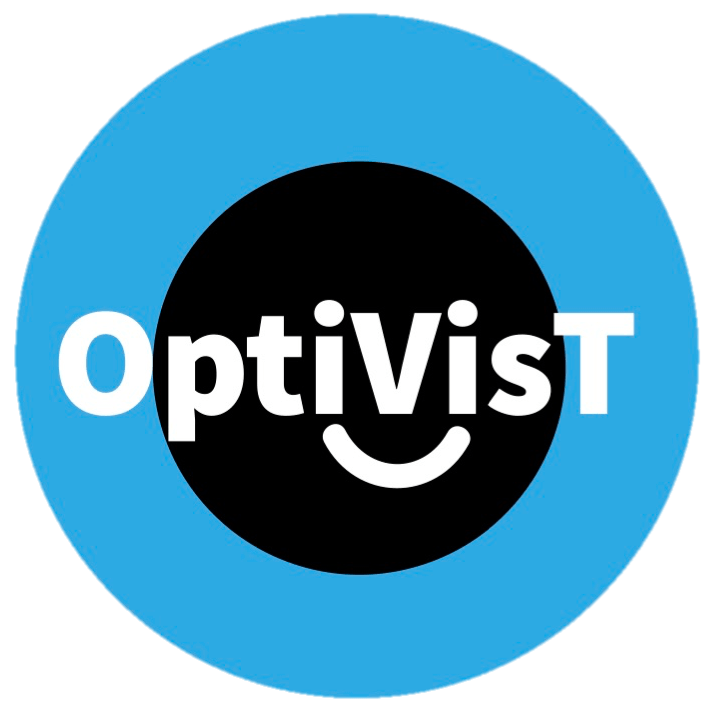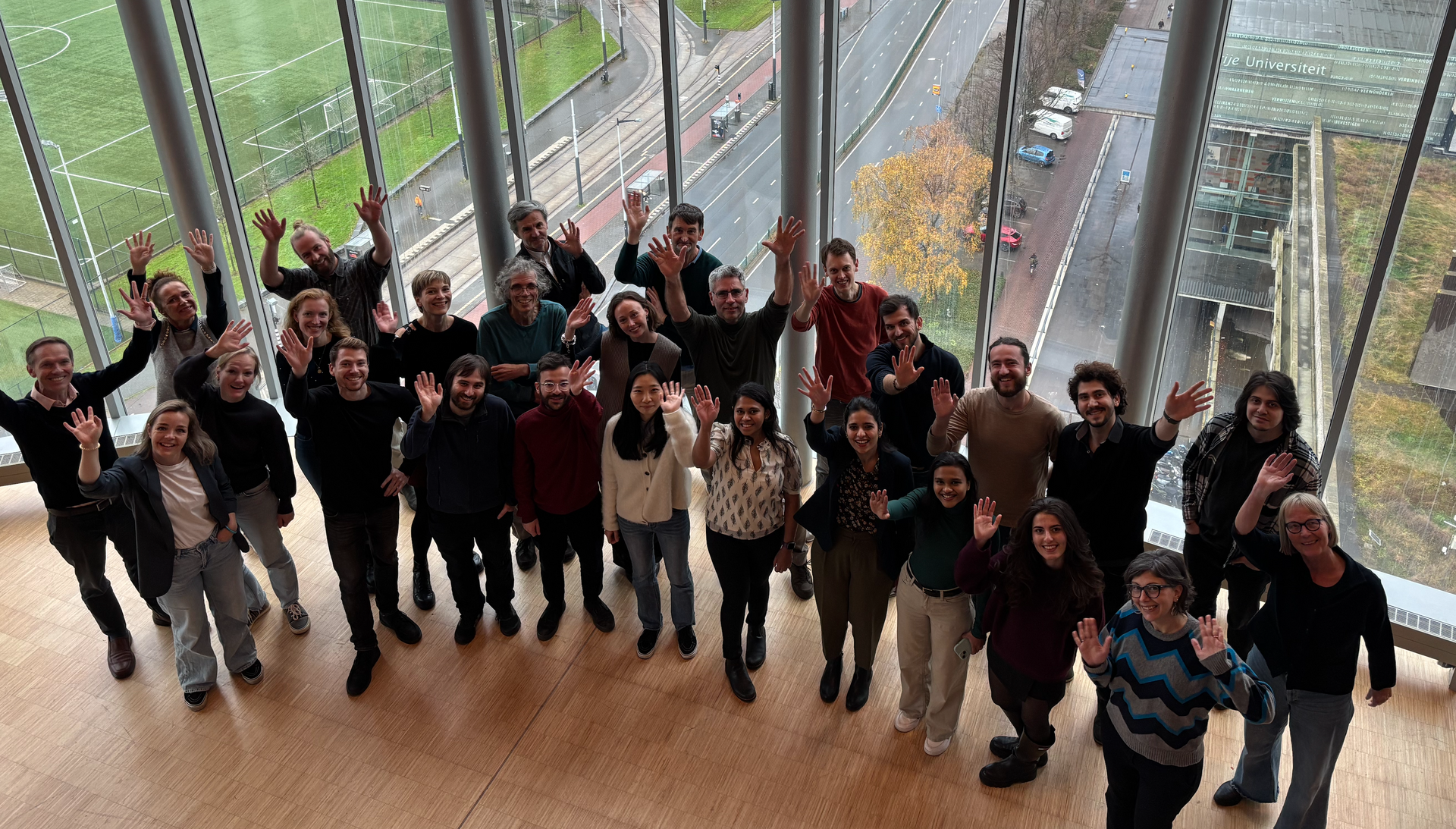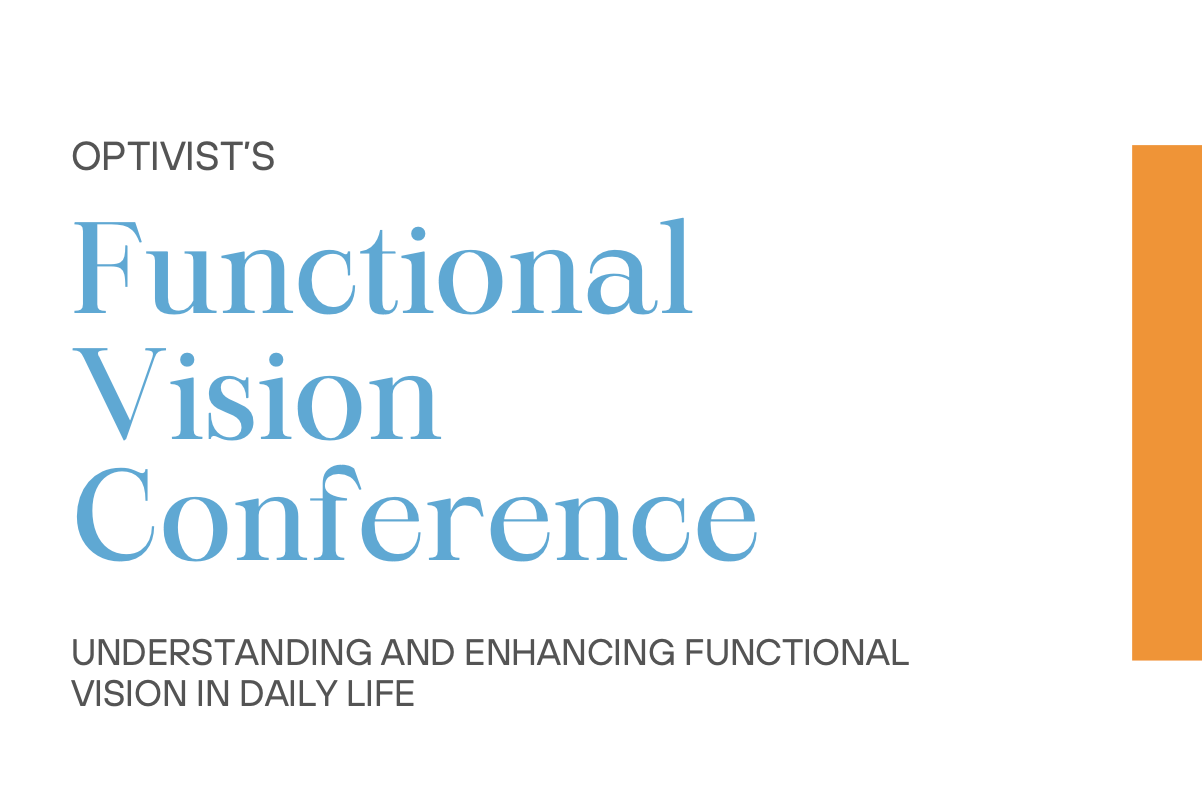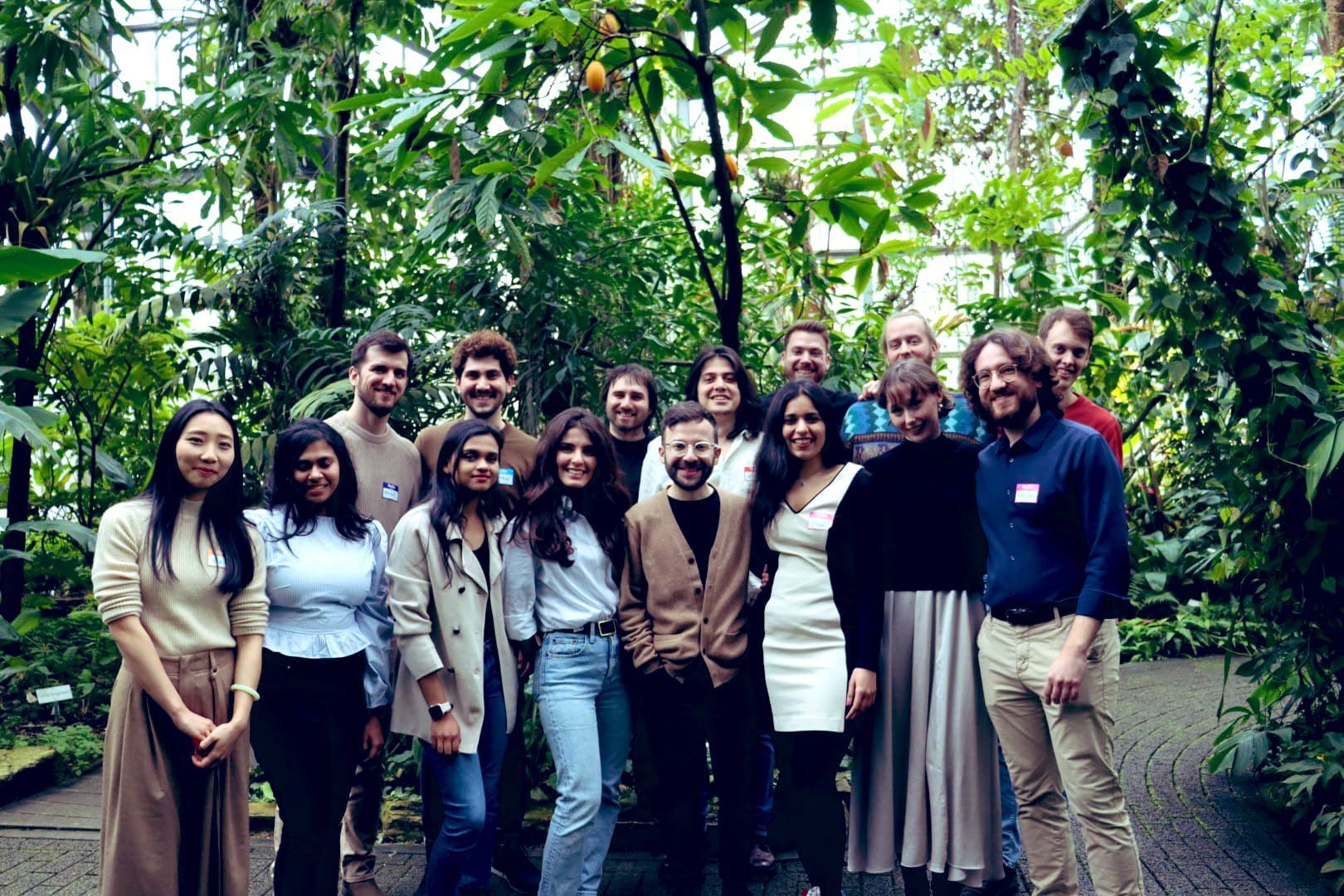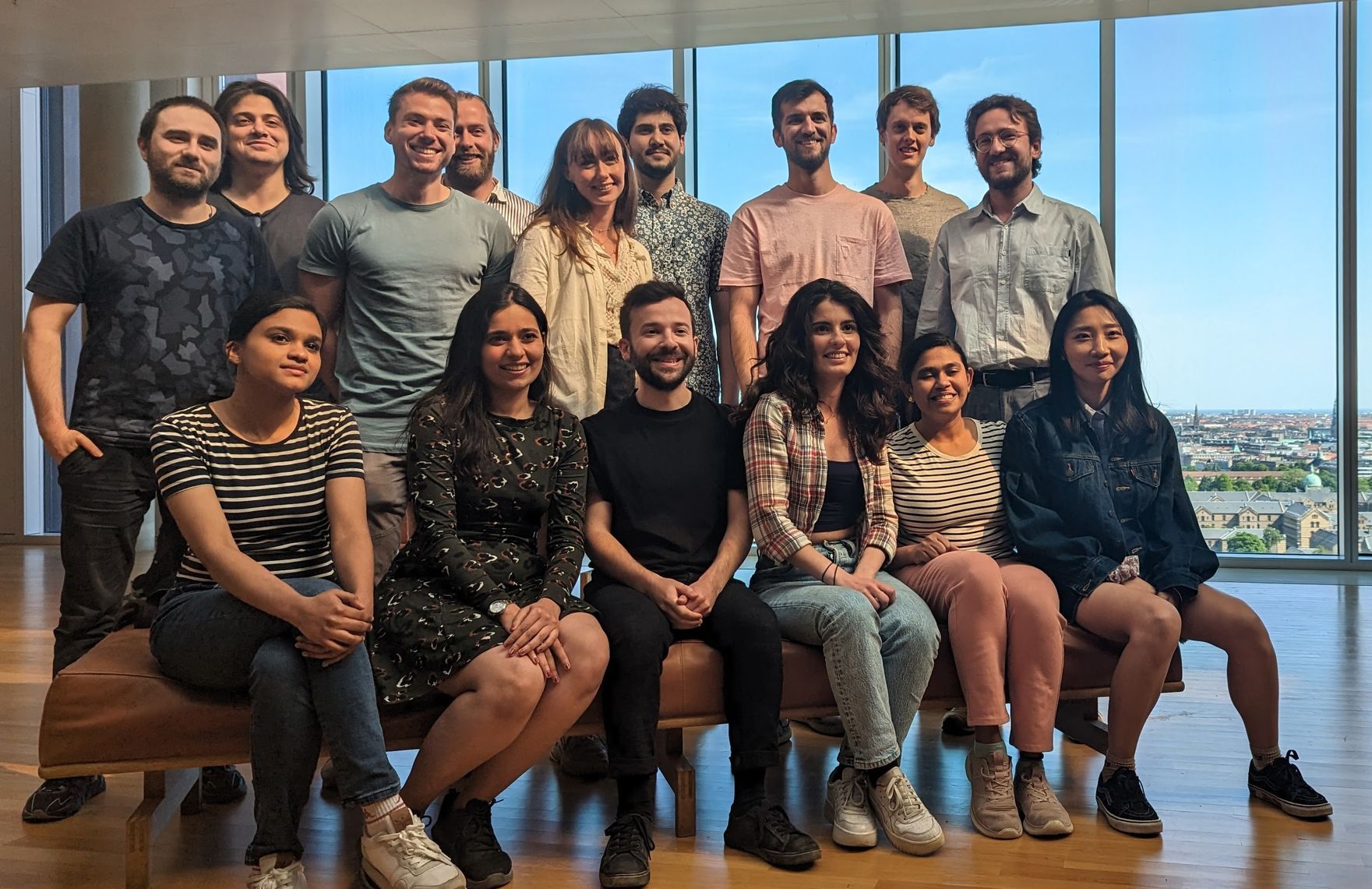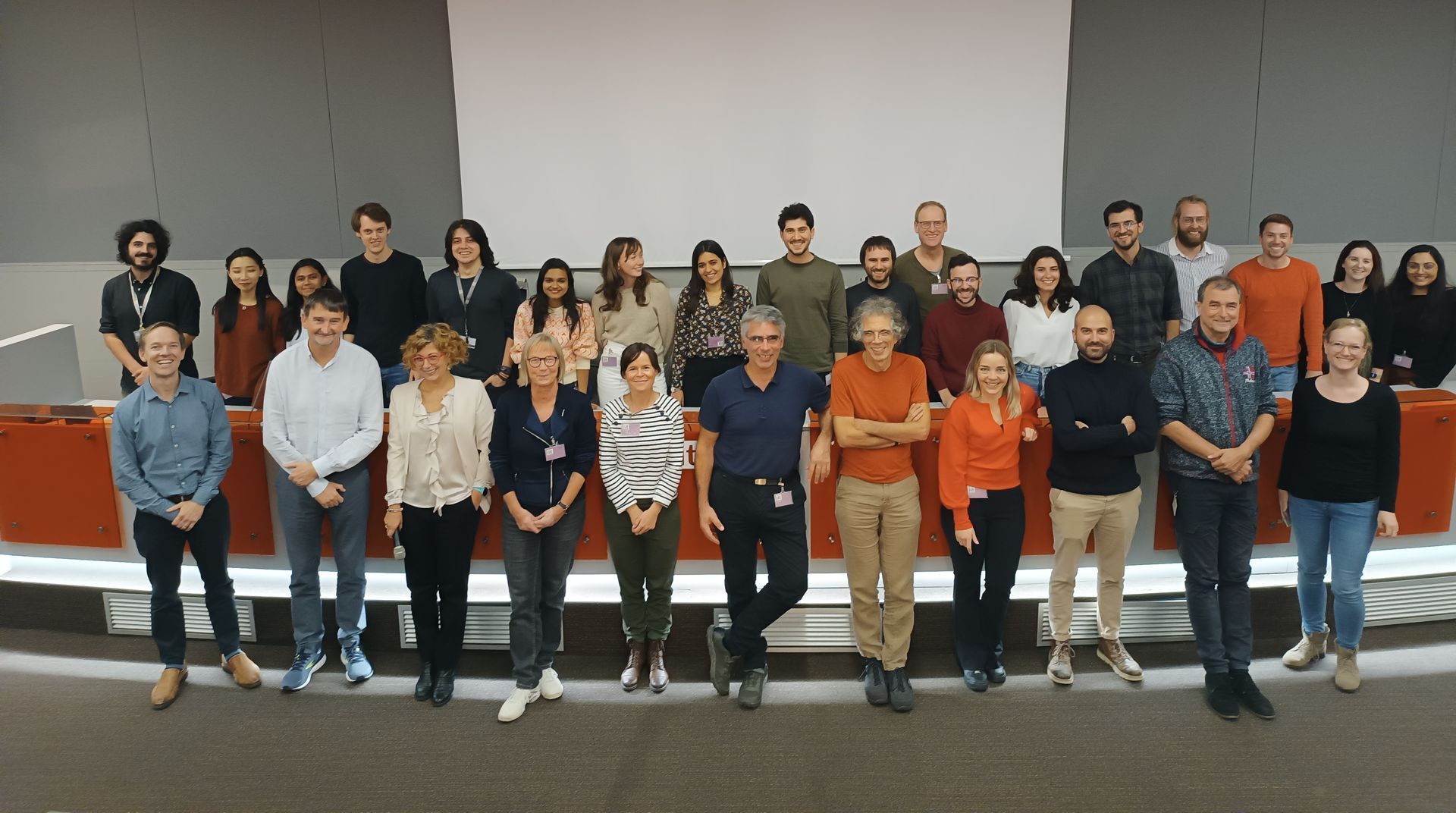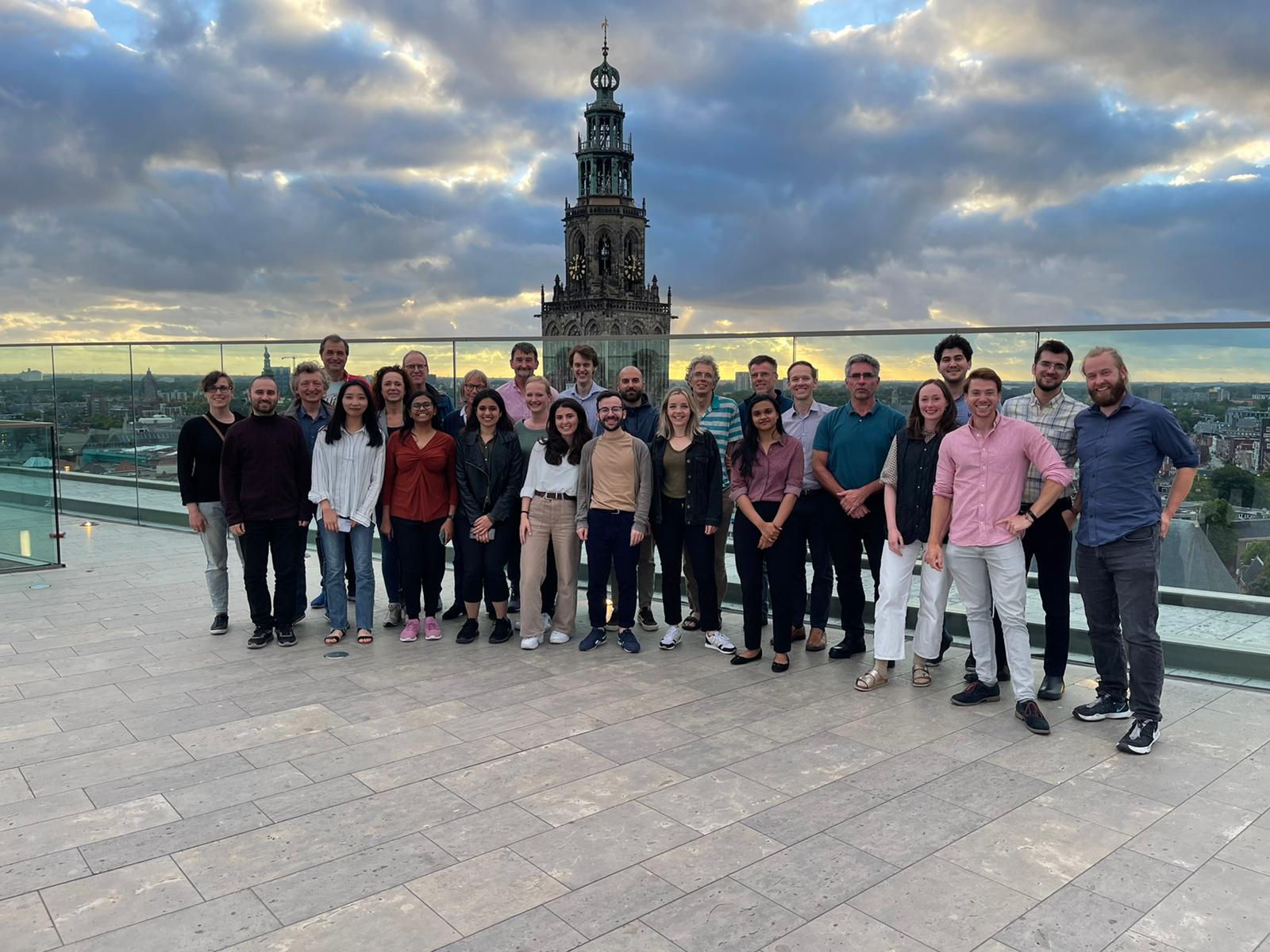OUR TRAINING
By joining the OptiVisT Innovative Training Network (ITN), the ESRs have become part of the first pan-European research training program in Translational Vision Science. OptiVisT brought together experts in the field of vision science, technology and healthcare.
The students follow OptiVisT’s multidisciplinary 3-year PhD training consisting of a number of high-level training courses and workshops throughout Europe. They learned how to integrate deep knowledge on the foundations of vision with expertise in applying both established and cutting-edge technologies (eye-tracking, EEG, psychophysics, machine learning, perimetry, and virtual reality) in conjunction with specialized ophthalmic and neurological knowledge.
Besides working at their primary employer, they had the option to carry out secondments at other academic and technology partners. Therefore, they were able to experience working in industrial, health care and academic environments, and have the opportunity to develop both their hard skills (research & technology) and soft skills (e.g., academic, entrepreneurial, working with people). In addition to that, they received training at the institute in which they enrolled for their PhD.
Through this training program, the ESRS have been equipped with a wide range of training skills making them experts in the fundamental, medical and technological pillars of Translational Vision Science. This allows them top leap beyond the state-of-the-art in their research, and make a real difference for patients. The structure and content of our courses is published for others here.
Curious to see and hear more about what it means to be part of an international training network, like OptiVisT? Check out its short after movie below.
Experimental and computational skills
to gain new, quantitative knowledge about the role of vision in complex tasks and daily life.
Clinical and statistical skills
to apply their new solutions and evaluate their effectiveness and added value
Technical and engineering skills
to create tools for testing, training and augmenting functional vision by integrating fundamental insights with new technologies
